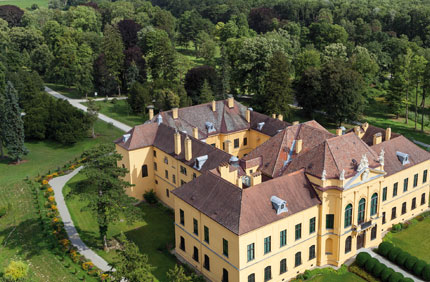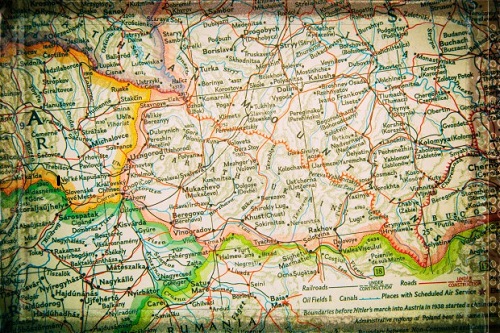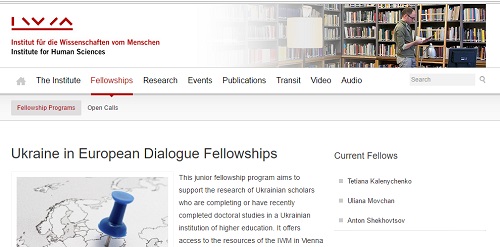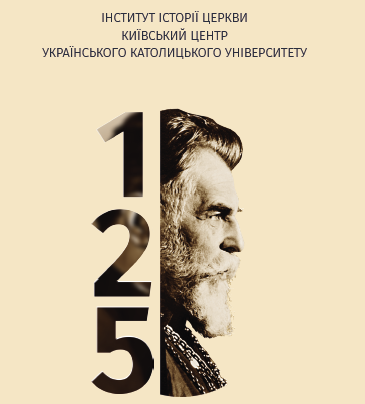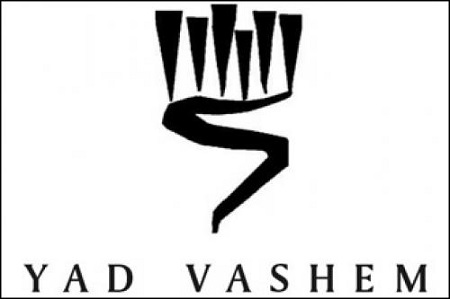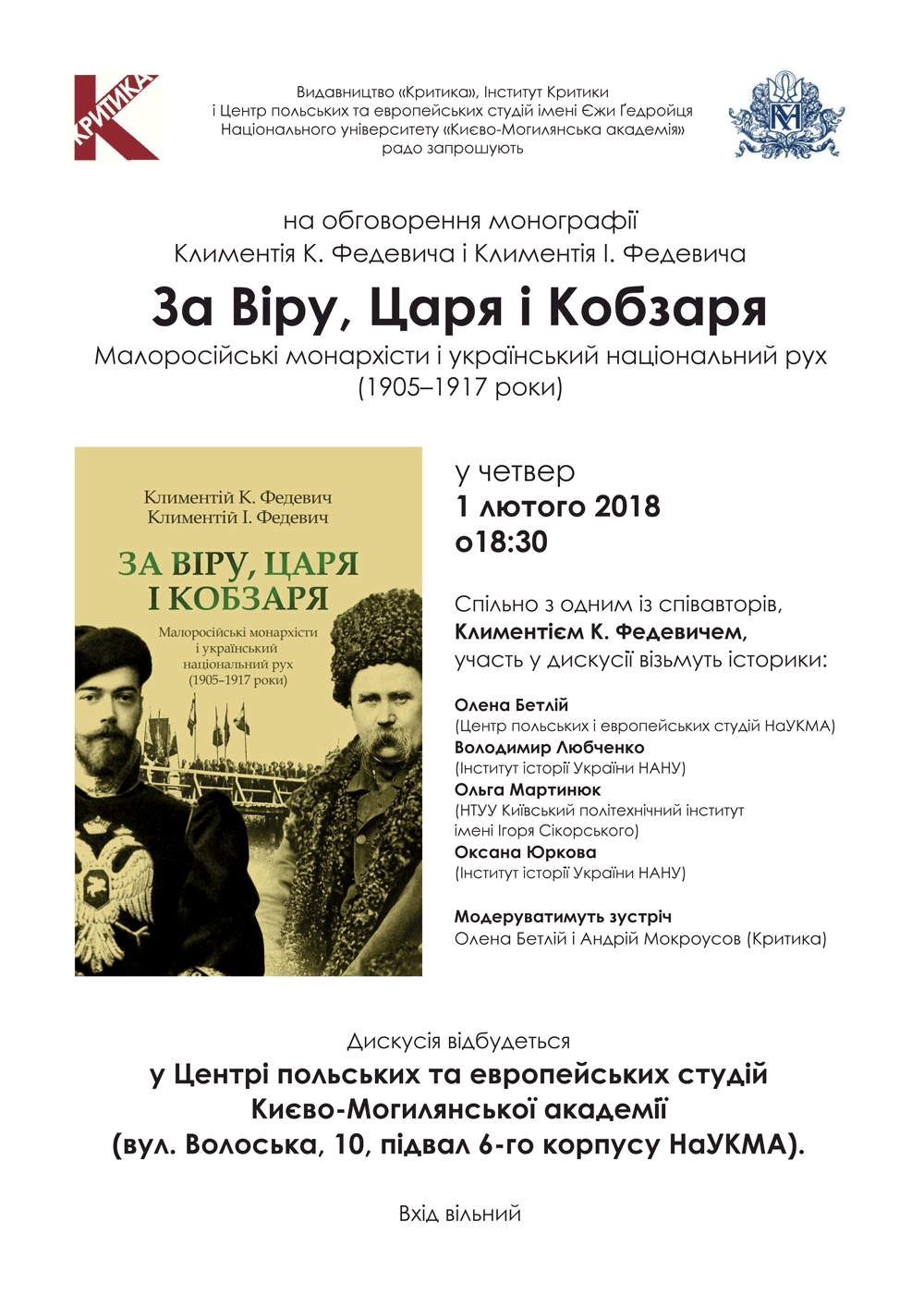Оголошення
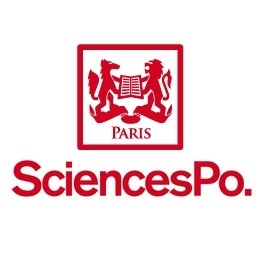
Visiting Fellows at the Max Planck Sciences Po Center on Coping with Instability in Market Societies
The Max Planck Sciences Po Center on Coping with Instability in Market Societies (Max-Po) is welcoming applications from senior academics for 2–4-month research stays at Sciences Po in the heart of Paris.
Established in 2012 by the Max Planck Society and Sciences Po Paris, MaxPo is a Franco-German center in the social sciences. Its research focuses on investigating how individuals, organizations, and polities are coping with the increased instability that has developed in Western societies during the last forty years due to liberalization policies and cultural shifts. Research at the center is led by two co-directors, Jenny Andersson and Olivier Godechot.
MaxPo’s research agenda can be found at http://www.maxpo.eu/research.asp. We encourage researchers with projects in economic and financial sociology, political economy, economic history, and political history to apply.
MaxPo offers office space and a stipend to help cover accommodation expenses in Paris. Applicants must have their own additional funding to cover living expenses. Visiting fellows will present their work in MaxPo’s seminar program.
Please send a cover letter, CV, and a short description (1 to 2 pages) of your research project, by April 30, 2018 for stays planned for the period September 1, 2018–June 30, 2019 to allison.rovny@sciencespo.fr.
Contact
MaxPo
Sciences Po
27 rue Saint-Guillaume
75337 Paris Cedex 07
France

In Cooperation with
the Chair of Southeast and East European History at the University of Regensburg and
the Public History Program at the Ukrainian Catholic University L’viv
the German-Ukrainian Historical Commission
Memory and the interpretation of past events are crucial in the construction of a national identity. Yet memory is not constant. It is permanently reinterpreted and differs in time and space. During a Summer School at the Flossenburg Concentration Camp Memorial, we intend to explore how the memories of the Second World War and the Holocaust influences the identity of different nations on a local, regional, national and international level.
Through a very innovative programme focusing on exchange and dialogue between young academics, we aim to get a better understanding of these diverse identities: How do different nations choose to remember the past and to what ends? The programme will focus on differences and continuities in the culture of remembrance of Germany, Ukraine and Kyrgyzstan. Participating students will be supported in their enquiry through lectures by accounted experts. They will also get to know the history of the Flossenburg concentration camp and the culture of remembrance at the memorial site through a variety of tours and workshops to frame the theoretical input. However, we mainly wish to encourage dialogue between students, for example through “barcamps”, allowing participants to discuss and analyse what they are most interested in in this context.
The Flossenburg Concentration Camp Memorial invites graduate and undergraduate students from Germany, Ukraine and Kyrgyzstan to apply for an intensive seven-day-programme from 19 August 2018 until 26 August 2018. We highly encourage students interested in the history of the Second World War, the Holocaust and their memories from different disciplines to apply. The language of the Summer School will be English. The programme will take place at the Flossenburg Concentration Camp Memorial and in Regensburg. We ask students from Germany to pay fee of 80,00 € in advance and to cover their travelling costs to and from the venue. We ask students from Ukraine to pay a fee of 30,00 €, traveling costs will be covered by the memorial. All other costs during the programme will be covered for all participants by the Flossenburg Concentration Camp Memorial. For students from Kyrgyzstan, the programme is free of charge and all travelling costs will be covered by the memorial.
To apply, please send a CV and a letter of motivation to Rebecca Weiss
(rweiss@gedenkstaette-flossenbuerg.de) until 31st May, 2018 latest
(Attention: Due to visa issues, we ask all students from Kyrgyzstan to apply until 11th March, 2018 and students from Ukraine until 31th March, 2018 latest!).
Program
August 19 (Sunday), Flossenburg
Until 18:00 Arrival of the Participants
19:00 Welcome Dinner
August 20 (Monday), Flossenburg Concentration Camp Memorial
10:00 Workshop: Temporal Classifications of the History of WWII
12:00 Lunch
13:00 Guided Tour: The Flossenburg Concentration Camp
16:00 Time to explore the various Exhibitions of the Memorial
18:00 Dinner
August 21 (Tuesday), Flossenburg Concentration Camp Memorial
10:00 Lecture: Culture of Remembrance – a Theoretical Approach (Dr. Volodymyr Sklokin, Ukrainian Catholic University, Lviv)
12:00 Lunch
13:00 Guided Tour: Culture of Remembrance at the Flossenburg Concentration Camp Memorial
15:00 Workshop: Culture of Remembrance in your Home Country
18:00 Dinner
August 22 (Wednesday), Flossenburg Concentration Camp Memorial
10:00 Lecture: Culture of Remembrance in the two Germanys (Dr. Juliane Brauer, Max-Planck-Institute for Human Development, Berlin)
12:00 Lunch
13:00 Workshop: “Barcamp”
18:00 Dinner
August 23 (Thursday), Flossenburg Concentration Camp Memorial
10:00 Lecture: Culture of Remembrance in Central Asia (Dr. Irina Morosova, Berlin)
12:00 Lunch
13:00 Time to explore the various Exhibitions of the Memorial
16:00 Departure to Regensburg
19:00 Dinner (optional)
August 24 (Friday), Regensburg
10:00 Guided Tour in Regensburg (optional)
12:00 Lunch (optional)
13:00 Free Time
15:00 Lecture: Culture of Remembrance in Eastern Central Europe (Prof. Dr. Klaus Buchenau, University of Regensburg)
18:00 Dinner
August 25 (Saturday), Regensburg
10:00 Workshop: Challenges and Chances in a Common Memory of the Second World War
12:00 Lunch
13:00 Feedback / Reflection on the Programme
15:00 Free time
19:00 Dinner
August 26 (Sunday), Regensburg
10:00 Breakfast
12:00 Departure from Regensburg
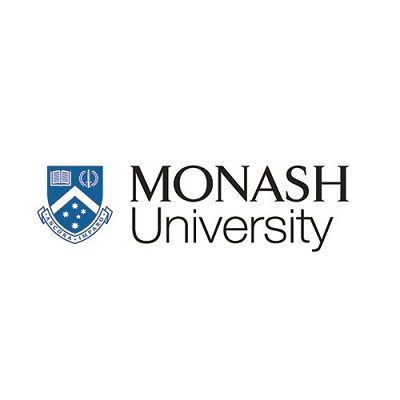
UKRAINE AND THE WORLD: CULTURE, POLITICS, SOCIETY Conference
Deadline for proposals of papers: 16 March 2018
The Mykola Zerov Centre for Ukrainian Studies at Monash University, jointly with the Ukrainian Studies Association of Australia and New Zealand and the Shevchenko Scientific Society in Australia, will hold the conference “Ukraine and the World: Culture, Politics, Society” on 12-14 July 2018 at the Monash Clayton Campus.
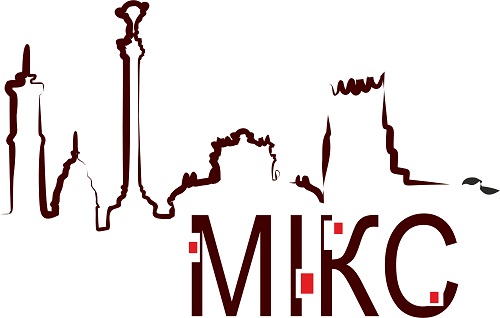
Запрошуємо Вас до співпраці в рамках чергового номеру часопису "Місто: історія, культура, суспільство". Журнал має на меті розвиток міської історії, актуалізацію проблем урбаністики та створення мережі дослідників міста. Редакція часопису відкрита до різноманітних форм співпраці. Видання є міждисциплінарним, доступним для широкого кола авторів.
З випусками журналу Ви можете ознайомитись за посиланням http://mics.org.ua/
Журнал "Місто: історія, культура, суспільство" є фаховим виданням з історії (Наказ МОН України від 10.05.2017 №693 "Про затвердження рішень Атестаційної колегії Міністерства щодо діяльності спеціалізованих вчених рад від 27 квітня 2017 року").

The International Association for the Humanities – MAG
Міжнародна Асоціація Гуманітаріїв
Международная ассоциация гуманитариев
Міжнародная асацыяцыя гуманітарыяў
Is delighted to announce Second Annual Convention, co-organized in partnership with the Ukrainian Catholic University.
2018 Annual Convention
Lviv, Ukraine
June 27-29, 2018
Convention Information
The MAG Convention 2018 will take place at the Metropolitan Andrey Sheptytsky Center of the Ukrainian Catholic University in Lviv, Ukraine.
The program will feature approximately 120 panels including about 350 presentations.
Proposals for complete and well-balanced panel sessions and roundtables will be given priority; individuals may also apply. A panel consists of an organizer, a moderator, three paper presenters, and a commentator. Roundtables must have a chair; and 3 to 5 roundtable speakers.
Applicants from Eurasia and Eastern Europe (non-European Union) are eligible for travel grants.
For more information visit Call of Applictions page
Deadline for all applications: February 11, 2018.
Convention theme: Image of the Self
This theme follows the previous convention’s “Image of the Other.” We seek to examine the way states, societies, interest groups and social movements, as well as individuals, represent themselves to themselves and to others through manifold means including language, culture, literature, the politics of history, and politics as such. Images of the self can be found, of course, not only in scholarship but also in popular writing, artistic expression, and in the public sphere.
How have some images given rise to stereotypes and instrumentalized narratives? How have some others constituted resources for tolerance, mutual respect, and cooperation? These issues appear in headlines worldwide, but they seem especially salient in Eastern Europe and Eurasia.
MAG invites proposals directly or indirectly addressing topics related to the “Image of the Self.”

Petro Jacyk Visiting Scholars Program 2018-2019
Scholars studying Ukraine outside Ontario are invited to apply for appointments as a Petro Jacyk Visiting Scholars at the Centre for European, Russian, and Eurasian Studies (CERES) at the University of Toronto for the 2018-2019 academic year. The appointees will conduct research and interact with Canadian scholars during their stay at CERES. They will also be invited to give a presentation on the topic of their research and are expected to take part in relevant scholarly events. As a rule, visits are scheduled during the fall and winter sessions of the university, that is between September and April. In addition, each year the Petro Jacyk Program—in partnership with the Holodomor Research and Education Consortium (HREC)—may support one visiting scholar whose research relates to the Holodomor. Successful applicants will benefit from interaction with not only scholars in the University of Toronto community but also those who are involved in HREC projects. Visiting scholars will have access to the archives of the Ukrainian Canadian Research and Documentation Centre, where HREC is located (a ten-minute walk from CERES), archives that include unpublished eyewitness accounts of the Holodomor, as well as the extensive Holodomor microfilm collection from the Central State Archive of Popular Organizations (Kyiv) at the University of Toronto Library. HREC is a project of the Canadian Institute of Ukrainian Studies (University of Alberta).
Eligibility: Petro Jacyk Visiting Scholars program is open to scholars at all stages of their careers working in the social sciences and humanities, including recent PhD or kandydat nauk degree recipients. Advanced doctoral students may also be considered. The Petro Jacyk Visiting Scholars Program especially welcomes applications from scholars whose work relates to its thematic focus "Challenges of Independent Ukraine." This focus includes state- and institution-building in Ukraine; law and governance; problems of democratization; education, culture and identity of the nation and ethnic groups in Ukraine; history and the imperial past; and foreign policy and international relations. Solid knowledge of English is essential for successful participation in the program. Invitations to successful applicants are conditional upon applicants’ ability to fulfill the requirements for entering Canada as set by Citizenship and Immigration Canada.
Funding: The following cost will be covered by the Petro Jacyk Program: (1) lowest round-trip economy airfare to the maximum of CAD $1,200; (2) visa costs if applicable; (3) medical insurance for the approved stay at the University of Toronto; (4) up to $20 per day for accommodation for up to 56 days upon submission of appropriate receipts; (5) allowance calculated at a rate of CAD $55/full day up to the maximum of CAD$3,080 for 56 full days at CERES. The minimum length of stay at CERES for Petro Jacyk Visiting Professors and Petro Jacyk Visiting Post-Doctoral Fellows will be 28 days. Successful applicants who are advanced doctoral students will spend one term at CERES. The program will provide shared office space and access to the university library. Upon request, it may also assist the appointees in finding a reasonably priced accommodation.
Application Procedure: Completed applications (MS Word version; Adobe Acrobat PDF version) should be received along with:
- a two-page description of their research proposal (double-spaced);
- a curriculum vitae;
- two confidential letters of reference.
In the cover letter, please indicate the proposed length and the approximate starting date of your stay. You may identify a CERES faculty member who, in your opinion, could provide guidance for you during your tenure at the University of Toronto (you do not need to contact this faculty member personally). Otherwise, a faculty member will be assigned by the selection committee. Applications should be sent electronically to jacyk.program@utoronto.ca. The two referees should email their letters directly to the same email address. If sending the letter of reference electronically is not possible, your referee should mail a hard copy of the reference in a sealed and signed envelope to the address indicated below.
All application materials, including the letters of reference, must be in English. Letters of reference which are not in English must be translated by a qualified translator or agency, and submitted together with the original letter by the referee.
Mailing Address: Petro Jacyk Program for the Study of Ukraine c/o Olga Kesarchuk Centre for European, Russian and Eurasian Studies Munk School of Global Affairs University of Toronto 1 Devonshire Place Toronto, ON M5S 3K7 Canada
Deadline: All documents should be received by February 1, 2018
For more information regarding the Petro Jacyk Program for the Study of Ukraine and the Petro Jacyk Visiting Scholars Program, please visit our website: http://sites.utoronto.ca/jacyk/index.html


